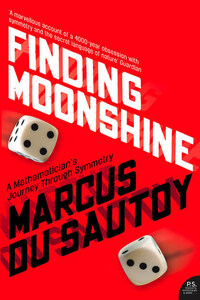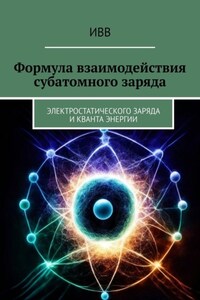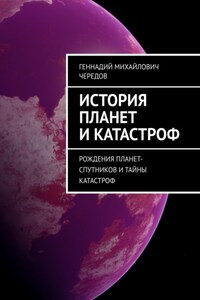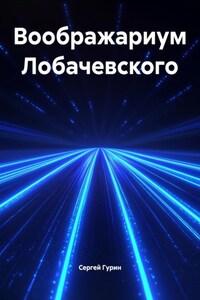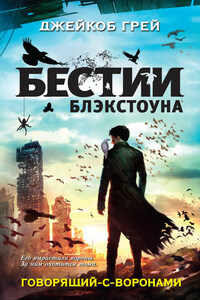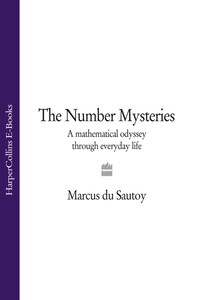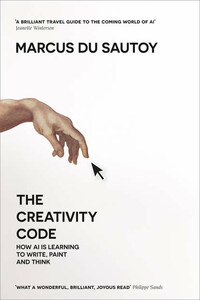Fourth Estate
An imprint of HarperCollinsPublishers
1 London Bridge Street
London SE1 9GF
www.harpercollins.co.uk
First published in Great Britian by Fourth Estate in 2008
Copyright © Marcus du Sautoy 2008
PS Section copyright © Roger Tagholm 2009, except âEinstein, Plato ⦠and you?â by Marcus du Sautoy © Marcus du Sautoy 2008, reproduced by kind permission of the Telegraph Media Group.
PS>TM is a trademark of HarperCollinsPublishers Ltd
Marcus du Sautoy asserts the moral right to be identified as the author of this work
A catalogue record for this book is available from the British Library
Source ISBN 9780007214624
Ebook Edition © OCTOBER 2015 ISBN: 9780007380879 Version: 2016-01-13
All rights reserved under International and Pan-American Copyright Conventions. By payment of the required fees, you have been granted the nonexclusive, nontransferable right to access and read the text of this e-book on-screen. No part of this text may be reproduced, transmitted, downloaded, decompiled, reverse-engineered, or stored in or introduced into any information storage and retrieval system, in any form or by any means, whether electronic or mechanical, now known or hereinafter invented, without the express written permission of HarperCollins e-books.
For Tomer, Magaly and Ina
and my mathematical children.
âAt the bookâs core is the mathematical story, which du Sautoy tells with narrative flair and storytellerâs sense of detail. Moving from the highs of illumination leading to new discoveries, to the lows of professional rivalries and peregrinations in intellectual labyrinths, it gives an inspiring testimony of what it is like to be a research mathematicianâ
Independent
âThis rich, readable, sometimes demanding book is in part a personal journey, in part an exposition of the passion for patterns that characterizes all mathematicians. It confirms the suspicion that they really are a different race. But these exasperating people with unkempt beards, untidy clothes, impossible manners and extraordinary obsessions, become, in this narrative, ultimately enviableâ
Guardian
âFinding Moonshine is a superlative mathematical entertainment
Independent on Sunday
âIf you donât experience a thrill of foreboding as du Sautoy ventures into this twilit territory, nothing in maths will be for you. Even if the thought of sitting down to a quintic equation makes you want to cry, it would still be hard to resist Moonshineâs moments of autobiographical intimacy that bring the book to lifeâ
Daily Telegraph
The universe is built on a plan the profound symmetry of which is somehow present in the inner structure of our intellect.
PAUL VALÃRY
Midday, 26 August, the Sinai Desert
Itâs my 40th birthday. Itâs 40 degrees. Iâm covered in factor 40 sun cream, hiding in the shade of a reed shack on one side of the Red Sea. Saudi Arabia shimmers across the blue water. Out to sea, waves break where the coral cliff descends to the sea floor. The mountains of Sinai tower behind me.
Iâm not usually terribly bothered by birthdays, but for a mathematician 40 is significant â not because of arcane and fantastical numerology, but because there is a generally held belief that by 40 you have done your best work. Mathematics, it is said, is a young manâs game. Now that I have spent 40 years roaming the mathematical gardens, is Sinai an ominous place to find myself, in a barren desert where an exiled nation wandered for 40 years? The Fields Medal, which is mathematicsâ highest accolade, is awarded only to mathematicians under the age of 40. They are distributed every four years. This time next year, the latest batch will be announced in Madrid, but I am now too old to aspire to be on the list.
As a child, I hadnât wanted to be a mathematician at all. Iâd decided at an early age that I was going to study languages at university. This, I realized, was the secret to fulfilling my ultimate dream: to become a spy. My mum had been in the Foreign Office before she got married. The Diplomatic Corps in the 1960s didnât believe that motherhood was compatible with being a diplomat, so she left the Service. But according to her, theyâd let her keep the little black gun that every member of the Foreign Office was required to carry. âYou never know when you might be recalled for some secret assignment overseas,â she said, enigmatically. The gun, she claimed, was hidden somewhere in our house.
